History
Learning from the past to understand the present and prepare for the future
The History department aims to offer all students a diverse curriculum which is experience-enriched. The department aims to explore many key events in British and world history in order to widen students' perspectives on society.
Through the study of history we aim to develop, within each individual student, learning and thinking skills to equip them for a variety of academic and vocational challenges. Lessons are taught using a range of methods to appeal to varied learning styles. Through group work, discussion and debate, we aim to encourage positive participation.
History fires students' curiosity and imagination, moving and inspiring them with the dilemmas, choices and beliefs of people in the past. It helps students develop their own identities. In essence, studying history helps students ask and answer questions of the present by engaging with the past.
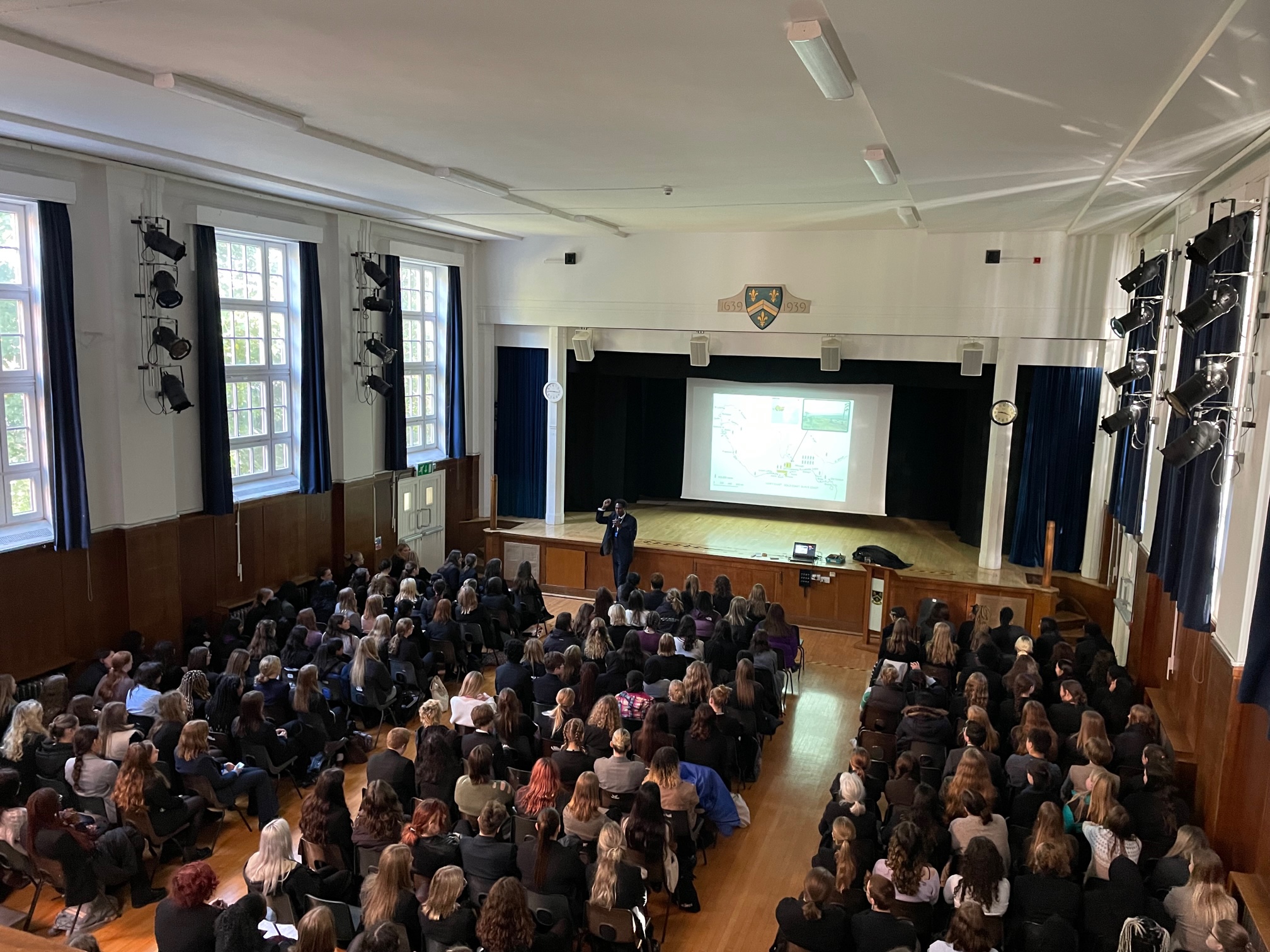
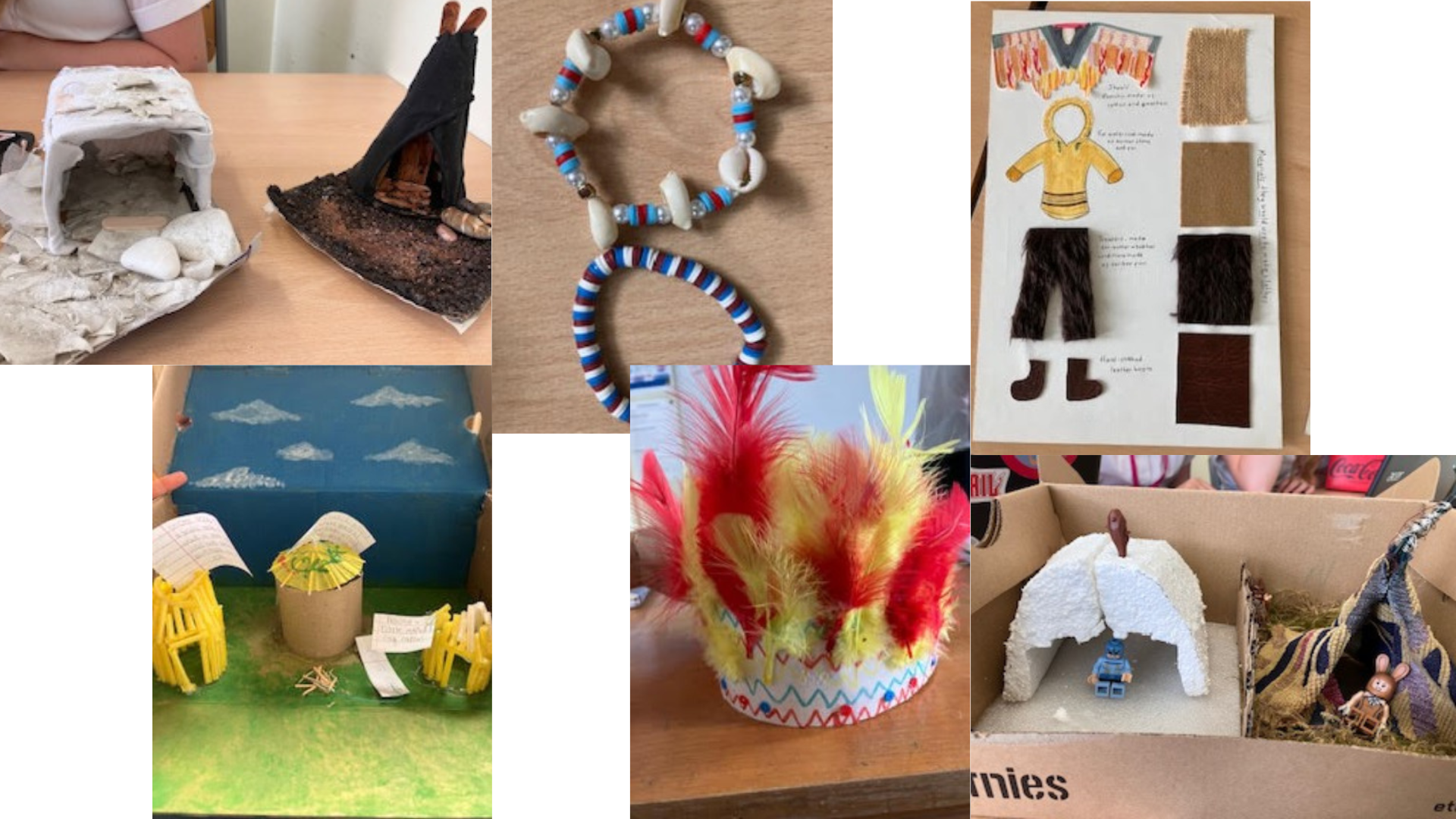
Teaching styles
A wide range of styles are employed, including group work, presentations, drama, role-play and e-learning
Homework
Key Stage 3: 30 mins per week
GCSE: 1 hr 30 mins per week
A Level: independent learning – approx 3-4 hours a week
Extracurricular
The department offers a number of visits and in-school workshops, such as a four-day visit to Berlin offered to all students taking GCSE History, and a Year 9 trenches workshop.
Grouping
All History lessons are in form groups.
Useful links
Key Stage 3
The aims and rationale of the curriculum in Years 7- 9 in History are:
To spark and nurture students' interest in, and enthusiasm for, history, as well as to equip them with the academic skills and knowledge they need to write, think and debate like a historian. We want students to challenge perceptions about the world around them, understand that history is shaped by a dynamic of narratives, and journey into argument. We want to give students the opportunity to develop a love of history through experiencing history via innovative teaching methods, which will enable them to formulate and substantiate their own views and interpretations in a critical and analytical way.
Year 7 - What is History? History introduction and skills. What was the impact of the Norman invasion of Britain in 1066? What was life like in the Middle Ages? Life at the time of the Tudors, identity in Tudor times: the Black Tudors. A non-European study of the Native American life and culture.
Year 8 - What was life like in Stuart England? English Civil War and Restoration. How did Britain build an empire around the world and what was life like in the empire? What was the Transatlantic Slave Trade and why was it abolished? The Industrial Revolution and its impact on life in Britain. Protest and reform: the changing place of women and the vote.
Year 9 - What caused war to break out in 1914? Trench warfare and trench life. What was the impact of WWI upon the world? Democracy and dictatorships - 1920s and 1930s, Hitler's Germany depth study. Why was the Holocaust such a significant event? - a study. Were the 1960s really swinging? What has been the impact of postwar immigration? Windrush generation. An introduction to GCSE History - International Relations 1945 - 72.
History at KS3 is sequenced chronologically. Change is understood and underpinned through the development over time of the following: Power and authority; living and working; moving and travelling.
Key Stage 4
The aims and rationale of the curriculum in Years 10 - 11 (GCSE) History:
GCSE History helps learners gain a coherent knowledge and understanding of Britain’s past and that of the wider world. It inspires students’ curiosity to know more about the past. History equips them to ask perceptive questions, think critically, weigh evidence, sift arguments, and develop perspective and judgement. It also helps students to understand the complexity of people’s lives, the process of change, the diversity of societies and relationships between different groups, as well as their own identity and the challenges of their time. GCSE History builds upon their Historical skills and chronological understanding of British history gained in Years 7-9.
AQA History 8145 units followed:
- Medicine in Britain, 1250 to present
- Elizabethan England
- The Cold War
- The USA 1920-1973 - breadth study
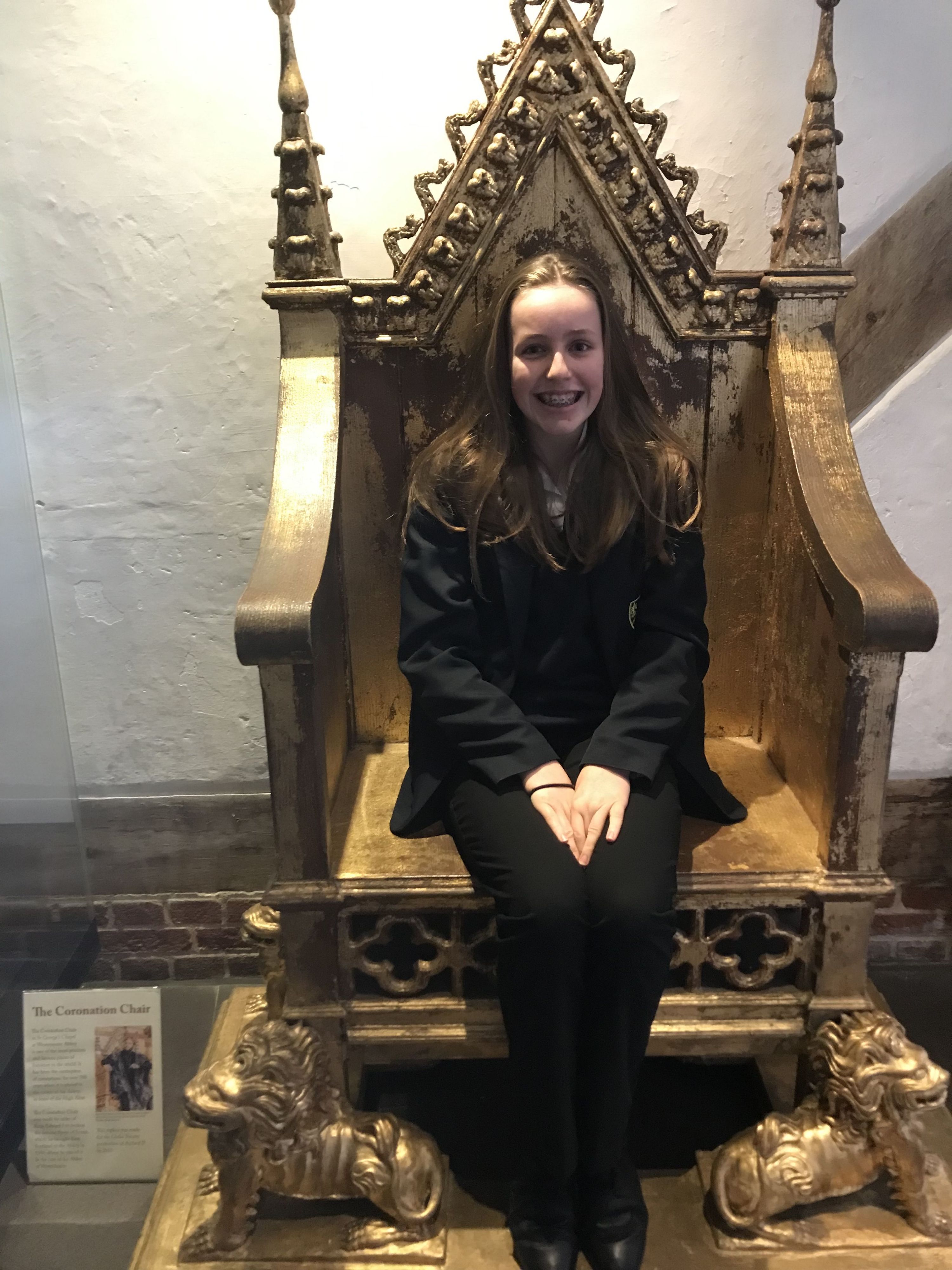
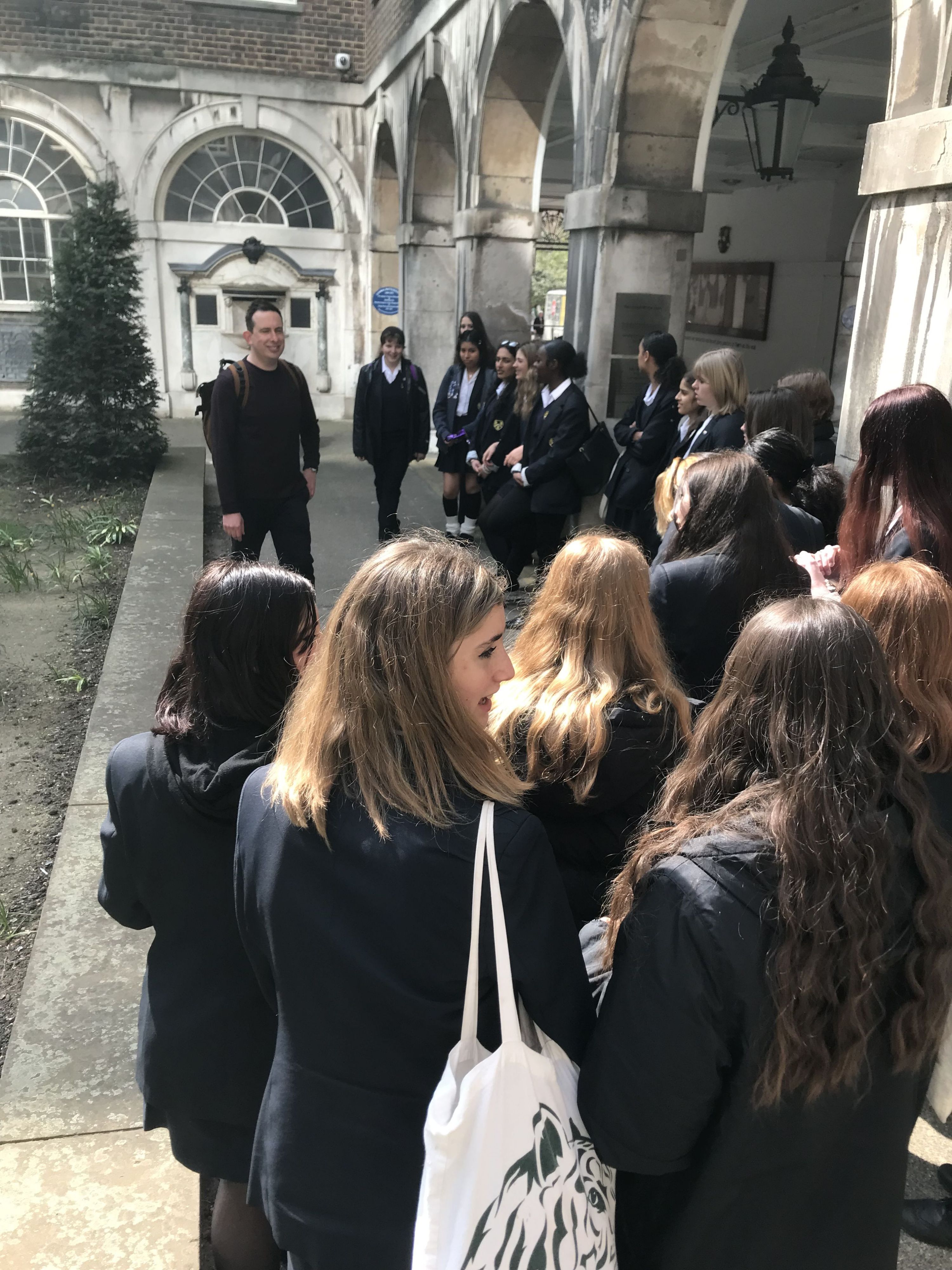
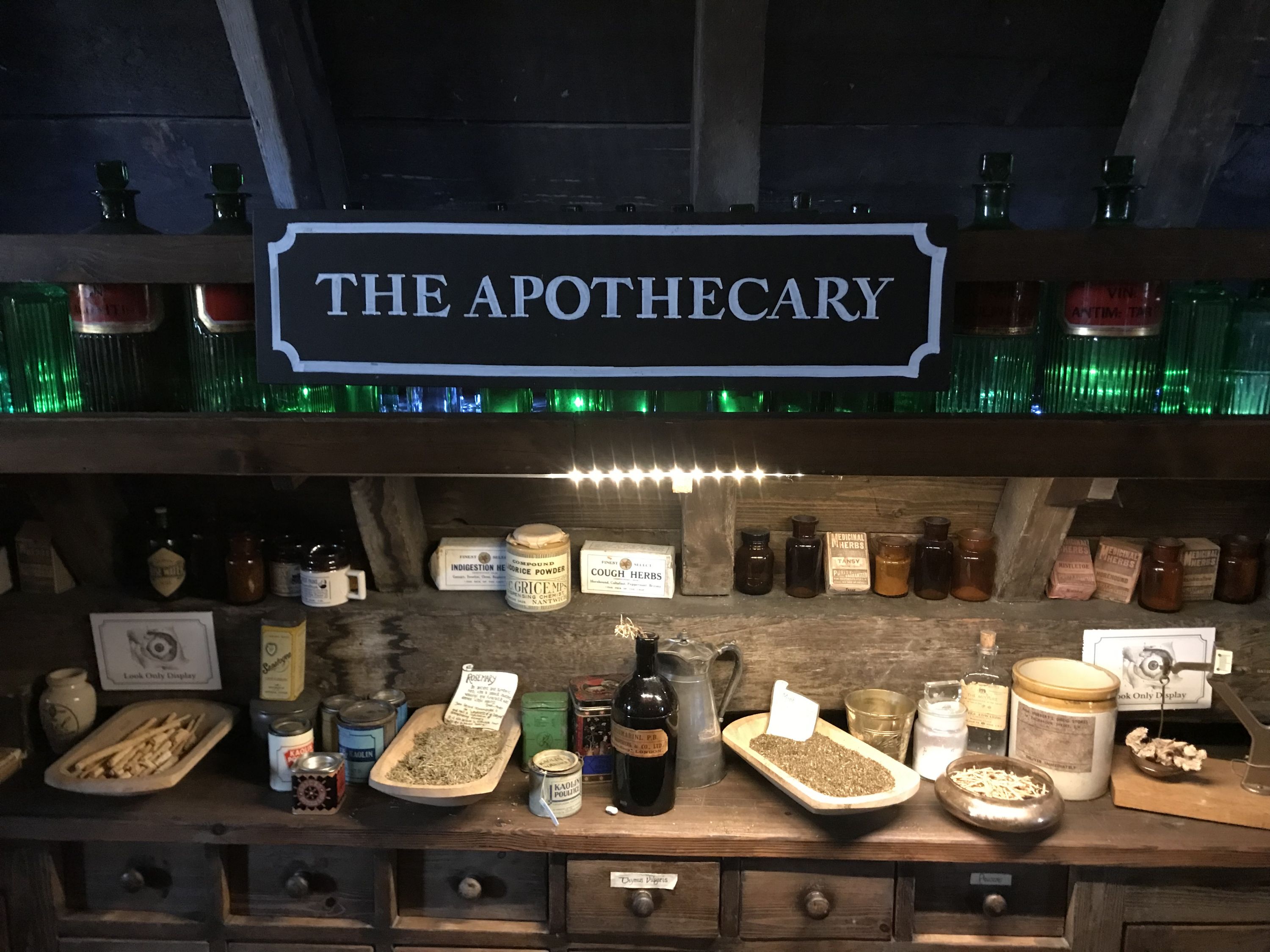
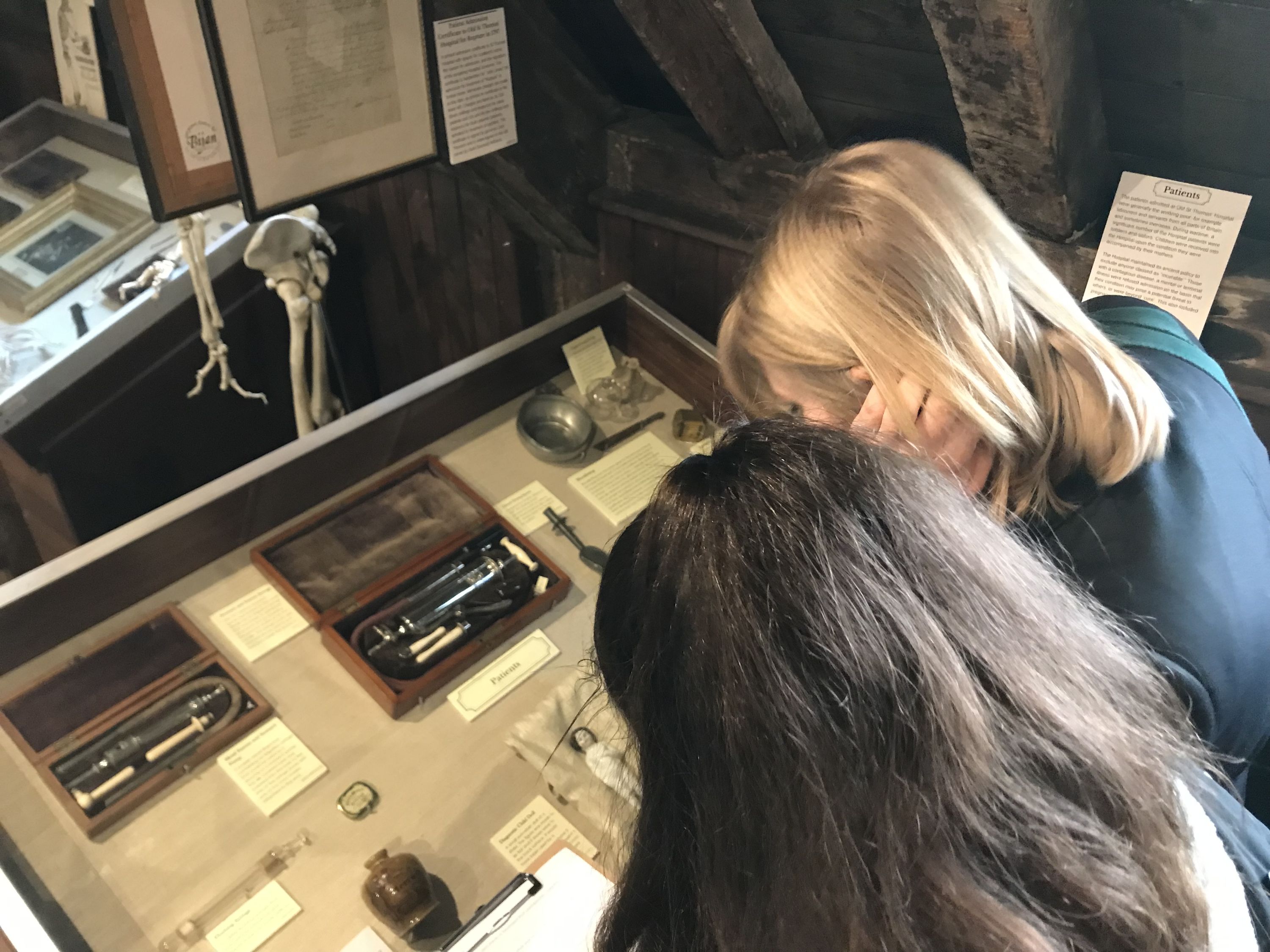
Key Stage 5
The aims and rationale of the curriculum in Years 12 - 13 (A Level) History:
History inspires students’ curiosity to know more about the past. It equips them to ask perceptive questions, think critically, weigh evidence, sift arguments, and develop perspective and judgement. History also helps students to understand the complexity of people’s lives, the process of change, the diversity of societies and relationships between different groups, as well as their own identity and the challenges of their time.
In Year 12 learners will gain a coherent knowledge and understanding of the Communist states in the 20th century. The countries studied are Russia 1917-91 and the GDR 1949-90.
In Year 13 learners will gain a coherent knowledge and understanding of protest, agitation and parliamentary reform in Britain, 1780 - 1928. Students will also research and write up an essay of around 4000 words after investigating an issue of historical interpretation.
AS History - Edexcel:
Unit 1: Russia 1917 - 1991
Unit 2: Life in East Germany, 1945-1990
Coursework: To what extent was the Russian Revolution a popular uprising?
Unit 3: Representation and the people 1780 - 1928
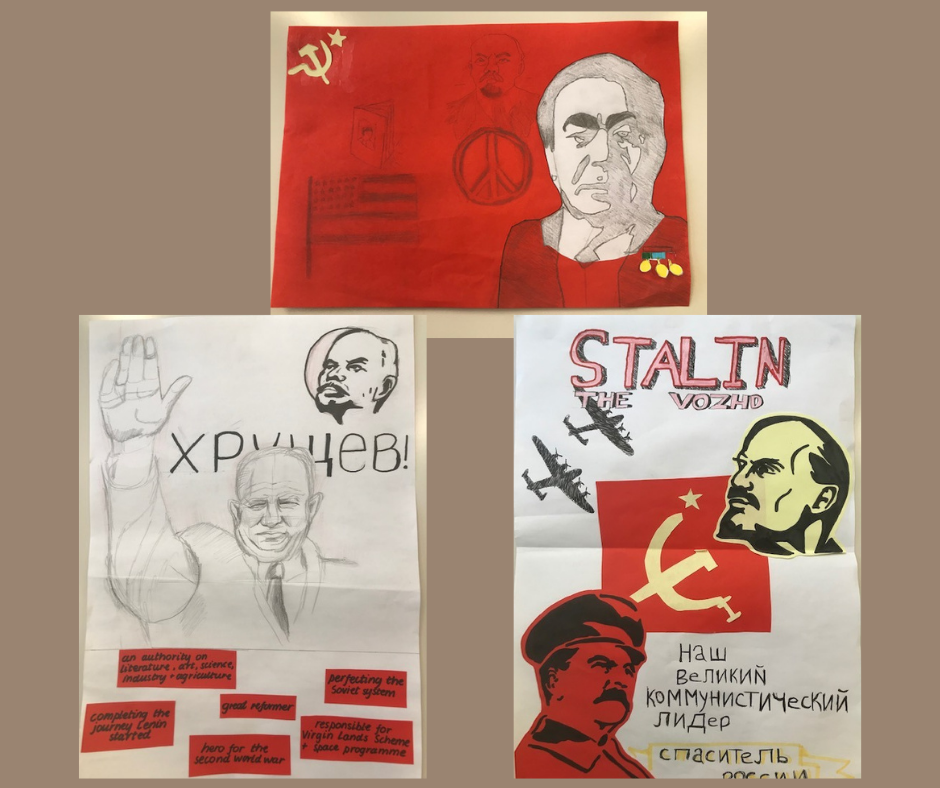
Teaching staff
Mr Simon Hanse (Head of Department)
Mr Thomas Backhouse
Mrs Anne Hendy
Mrs Julie Miller
Miss Emily Plunkett
Ms Theresa Pottage
Ms Tina Stojko
Mr Simon Wright
